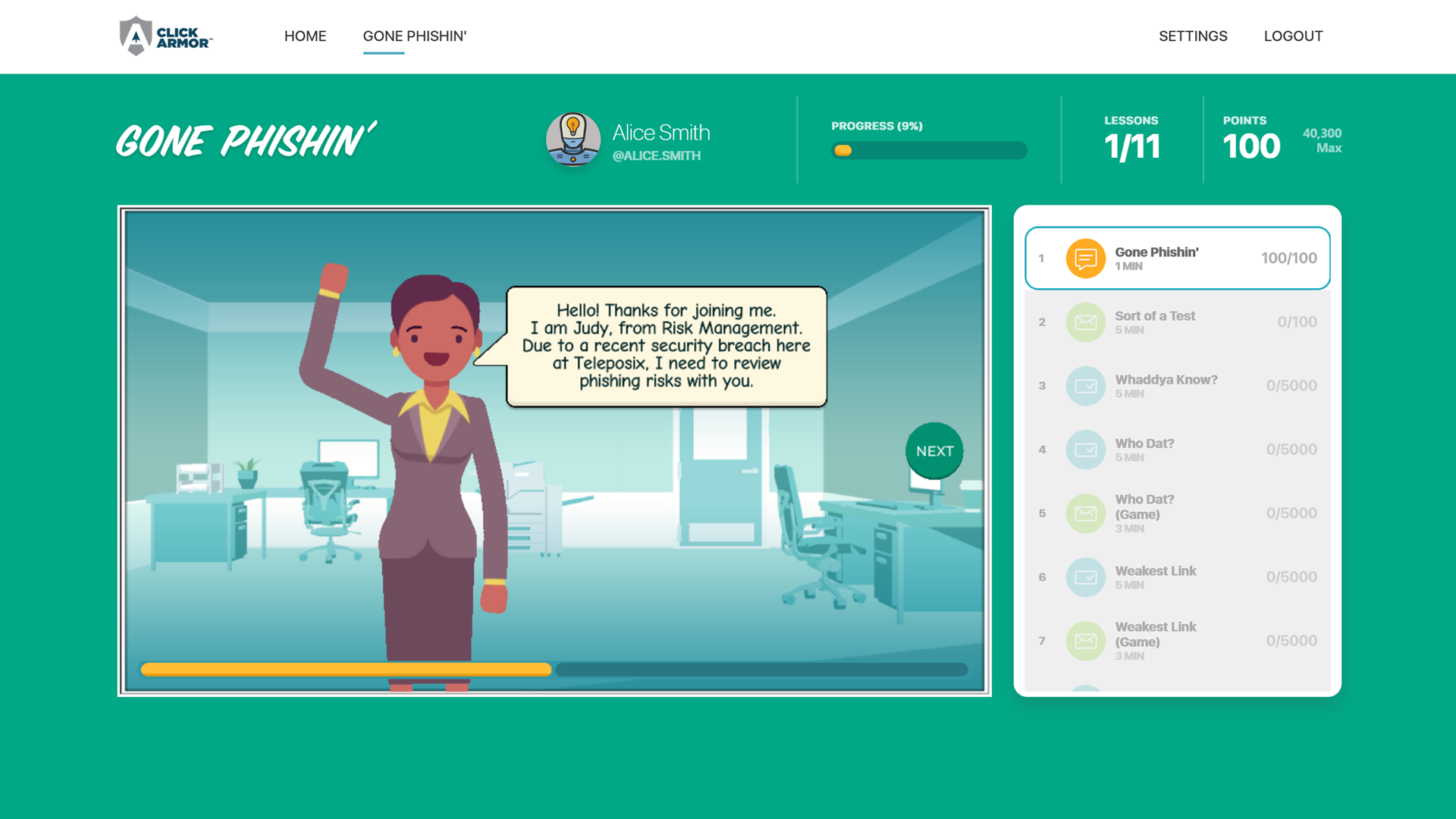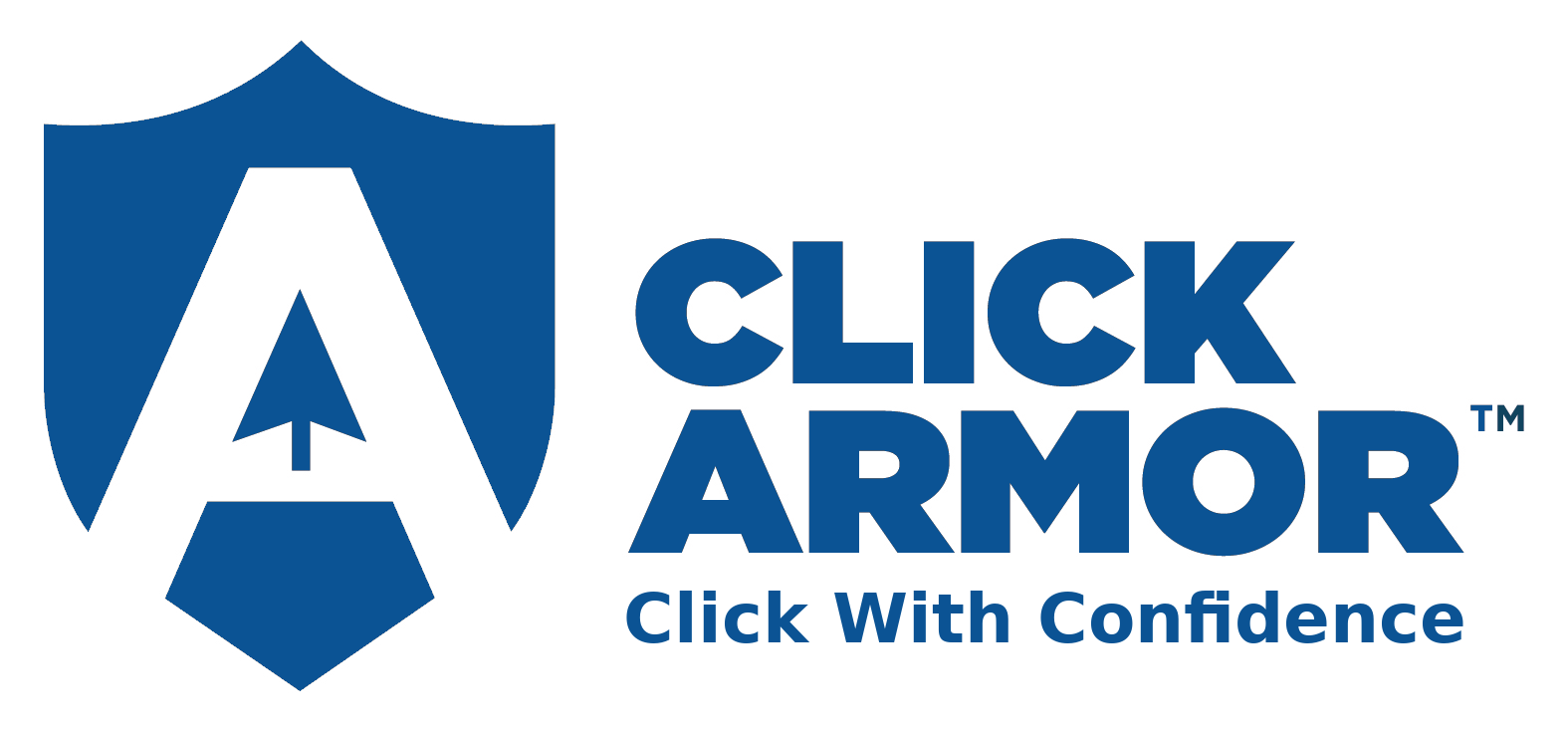Raw data on WHO clicked on a phishing test email is sensitive personal information.
I’ve seen raw data from phishing tests shared without being secured.
In organizations that have policies such as “three strikes and you’re out”, meaning termination, this information is VERY SENSITIVE.
Data about phishing simulations seems to be much more tempting for people to share than any other kind of learning or assessment data.
It’s likely because there is a specific story attached to a live phishing test that relates the situation to an individual’s performance.
It is best to create a set of aggregated phishing test data for groups of people (at least 20 per group), rather than to report raw data or even summary data on small groups. Then delete the raw phishing test data after it is no longer needed.

Photo by Maksym Kaharlytskyi on Unsplash
It’s been a “super-fantastic” experience to see people learning and talking about security threats.
For just $325 USD, you can run a 6 week, automated program for gamified phishing awareness training and challenges. (Limited time offer. Normally valued at $999 USD)
Use Promo Code: 6WEEKS
And by the way, has your organization disclosed to employees what information is being collected in your phishing simulations?
Keep privacy in mind when it comes to security awareness assessment and phishing test data.
Scott Wright is CEO of Click Armor, the gamified simulation platform that helps businesses avoid breaches by engaging employees to improve their proficiency in making decisions for cyber security risk and corporate compliance. He has over 20 years of cyber security coaching experience and was creator of the Honey Stick Project for Smartphones as a demonstration in measuring human vulnerabilities.
Why live phishing tests suck: Lack of clear guidance
Employees must be given clear, consistent guidance on what to look for, and how to handle suspicious messages.
This may seem obvious, but most organizations are too vague in their guidance to employees, and rarely try to reinforce it.
Unless employees are in externally facing roles, where they receive many external inquiries, they are not often thinking about this.
You need to be constantly reminding employees about what they should look for in sender addresses, link URLs or body content.
Without this guidance, you should expect random fluctuations in their ability to avoid suspicious messages in phishing tests.
Testing people on knowledge they have rarely seen is unfair and unproductive.
You should be using an awareness program that provides ongoing, practical tips and allows them to practice using them to spot threats in a safe environment.

It’s been a “super-fantastic” experience to see people learning and talking about security threats.
For just $325 USD, you can run a 6 week, automated program for gamified phishing awareness training and challenges. (Limited time offer. Normally valued at $999 USD)
Use Promo Code: 6WEEKS
Scott Wright is CEO of Click Armor, the gamified simulation platform that helps businesses avoid breaches by engaging employees to improve their proficiency in making decisions for cyber security risk and corporate compliance. He has over 20 years of cyber security coaching experience and was creator of the Honey Stick Project for Smartphones as a demonstration in measuring human vulnerabilities.


